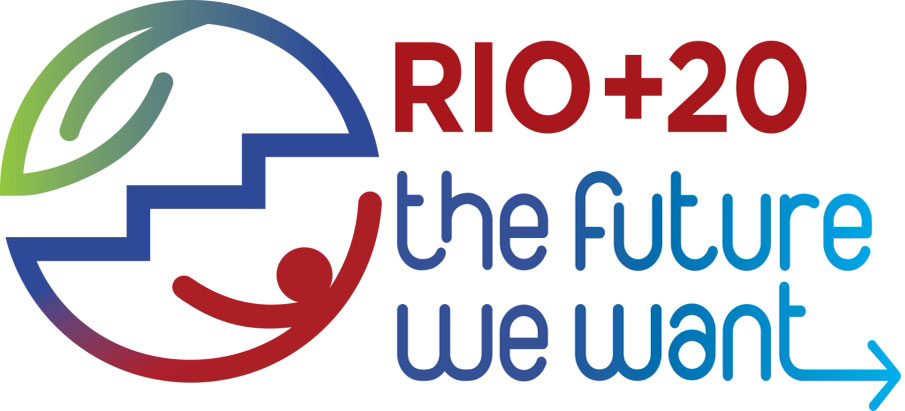Re: “Critics: Biggest UN summit heading toward failure”

By: Gürkan Öngel, Research Associate at the Council on Hemispheric Affairs
In your May 11th article on the predicted failure of June’s United Nations Earth Summit in Rio de Janeiro, the focus provided stresses the absence of the major world leaders as the principal cause of the failure. While the absence of these European leaders is undoubtedly a loss, the article fails to mention an equally troubling aspect of the upcoming conference: the lack of NGO involvement in the process leading up to it.
Traditionally, NGOs have played the crucial role of enfranchising the impoverished in meetings on sustainable development, and their exclusion from Rio +20 is worrisome. Several NGOs, including Consumers International, Stakeholder Forum, Sustainlabour, and Women in Europe for a Common Future, have penned an open letter to the U.N., called “Rights at Risk.” In it, they state their displeasure at being effectively excluded from the policymaking process while criticizing the draft agenda for an apparently insufficient focus on human rights and environmental issues, and an overemphasis on the private sector and national economic interests. The 6,000-page original draft has been distilled to a nearly 100-page action plan, the so-called “outcome document,” through negotiations between representatives of the member states.
Since Rio’s last Summit on Sustainable Development in 1992, NGOs have contributed greatly to the environmental agenda, monitoring government efforts and applying pressure to governments when they fail to live up to their global commitments. Without the participation of NGOs, global environmental governance is at risk of becoming nothing more than an aimless bureaucratic behemoth, responsive only to special interests. The upcoming Rio Summit could be indicative of a shift in environmental governance, a closed meeting among high-ranking officials in which governments pursue corporate interests rather than common environmental goals.
While UNCSD meetings are widely considered to be the final step of the global policy process regarding sustainable development, the often-overlooked road to such meetings is crucial in determining their success. Without the inclusion of a representative array of interest groups, NGOs, and governmental delegations in a truly democratic process, the summit is indeed heading toward failure, a failure as damaging as the unwillingness—or “inability”—of important state leaders to attend. In the Latin American meeting prior to the 2002 Johannesburg summit, networks of Latin American and Caribbean NGOs emphasized the necessity of civil society’s participation at a suitably high level in implementing sustainable development projects in the region, where political instability and social inequality are major obstacles to realizing the Summit’s full potential.

